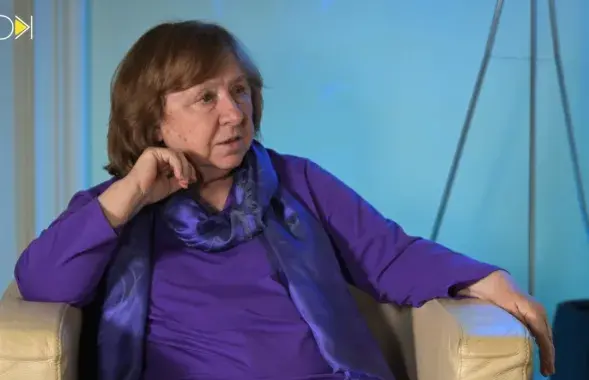UN Summit to detect guilty in slow realisation of Millenium Goals
To the opinion of the Belarusian delegation, two main reasons for unsufficient progress in this regard are the world economic crisis and "unreadiness of the lea
In the year 2000 the countries of the world agreed to achieve 8
international aims of development by 2015. Among these aims there are
liquidation of poverty and hunger, provision of primary education to
everyone, reduce child mortality rate, combating HIV/AIDS and other
diseases, improvement of maternal health, environmental sustainability,
gender equality and global partnerships.
World leaders gathered
together at the UNO summit on September 20-22 in order to evaluate the
progress and find the reasons for rather modest achievements in this
regard.
A series of authoritarian populist regimes put the burden of blame directly on the capitalistic system.
President of Iran Mahmoud Ahmadinejad also blamed the capitalistic system, not the corruption in the authoritative bodies:
"Non-democratic and unfair governing structures of international economic and political bodies are the reasons for the majority of problems the mankind faces. The demanding liberal capitalism and transnational corporations caused grief to an uncountable number of women, men and children in so many countries!"
Russia's Foreign Minister did not intend to criticize capitalism.
Siarhej Laurou: "Definitely, the main responsibility for realisation of the Aims of development of the millenium is to be taken by national governments".
The Minister of Foreign Affairs of Belarus Siarhej Martynau blamed the economic crisis and non-effective policy of the leading countries of the world.
Siarhej Martynau: "It's impossible to disagree with those who think failures are connected with unreadiness of the leading countries to cooperate with the others on equal terms, to overcome a wide range of new global challenges and threats".
At the same time, a series of leaders of highly developed countries underlined that economic and social progress was impossible without effective state government and respect for human rights, and that developing countries bore a considerable share of guilt.
German Chancellor Angela Merkel: "There is one thing that we all have to accept. The primary responsibility for development lies with the governments of the developing counties. It is in their hands whether aid can be effective. Therefore, support to good governance is as important as aid itself".
Norwegian representative also appealed to developing countries asking to struggle with corruption more effectively, to increase transparency and responsibility of state governmental bodies.
At the same time leaders of some authoritarian countries used the UNO ground more for speaking more for their internal audience. For instance, President of Turkmenistan Gurbanguly Berdimuhamedow had hardly uttered a word on progress in achievement of the Aims of development. He spoke about power and transport projects of Turkmenistan and made suggestions on how to improve the situation in Afganistan.
















